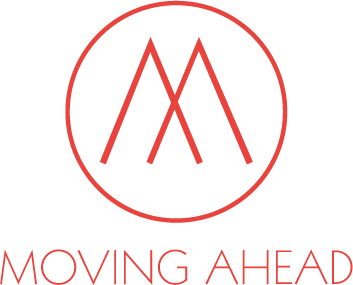“‘The future is agile’
A special insight into flexible working for wellbeing”
Agile working reaps many great rewards, not just for individuals but for employers, too. In my experience within HR and D&I, I’ve found that flexible workers are loyal, engaged and willing to go the extra mile when needed. Organisations have come a long way in their approach to agility but there’s still more to be done to fully realise all the benefits. But the good news is that, if we can get it right, agile working could really help move the D&I agendas of businesses in the right direction.
Whatever form of agility we are talking about – part-time, compressed hours, home working, term-time working or annualised arrangements – they all support employees in achieving the sense of balance they need, which in turn improves their wellbeing. Previously thought of as a ‘women and mothers’’ issue, agile working is now recognised as a matter of importance to employees of both genders and all generations. It is evolving to become part of the critical business conversation around what it means to have an inclusive workplace.
Agility can only thrive with certain conditions. First and foremost, successful agile working springs from a culture in which dialogue around work-life blend challenges and solutions can happen. In my experience, employees are often nervous to broach the subject of agility, for fear of it reflecting poorly on their commitment and hindering their progression within an organisation. Bringing people together to share experiences of what isn’t working, and hear success stories from others within the organisation, including those at a senior level, is invaluable. This is why mentoring can often work well as a precursor to agile working conversations.
“Successful agile working springs from a culture in which dialogue around work-life blend challenges and solutions can happen”
Secondly, successful agile working demands flexibility – on both sides. Employees need to be aware that the flexible working arrangements suitable for different roles may vary and that, at times, business demands can make it difficult to stick rigidly to arrangements. Employers, on the other hand, must recognise that the needs of their employees can shift with time. For instance, the agile working needs of a mother can change as her children grow up, perhaps moving from part-time to flexi-time. The key is ensuring an open and ongoing conversation around agile working.
There are other factors too. Agile working can only succeed where there is mutual trust and respect between employee and employer. And practically, I have found workable solutions can be achieved quicker and more effectively if employers set out a range of options for employees to consider, while allowing for individual creativity. For someone making a flexible working request for the first time, being presented with a blank sheet of paper can be rather daunting.
What’s essential is that organisations continue to develop their thinking on agile working. The influx of millennials into the workplace is only set to increase. Employees of this generation want inclusive cultures, and they value open communication, real-time feedback, collaboration and – of course – agility. The numbers of those caring for a loved one are also set to rise with the ageing population, and they too are seeking agile working solutions. And, with the government seeking to encourage a higher take up in shared parental leave, we will – hopefully – see more fathers requesting greater agility.
In offering employees the solutions they need, organisations are creating the environment for D&I and wellbeing to leap forward organically. So, in that sense, agile working really is a broader business issue, and should be approached as such.
Kate has worked in HR for more 10 years and is a diversity and inclusion specialist. Her most recent role was as Global Head of Diversity and Inclusion at Freshfields Bruckhaus Deringer. She has contributed to the work of leading diversity organisations, including the Professional Services Firms’ Initiative within the 30% Club, supporting efforts towards increasing gender balance in law firms, accountancy and consultancy.

